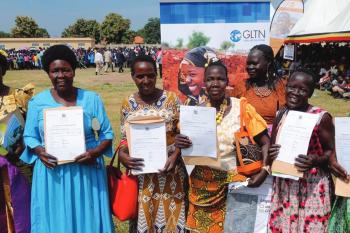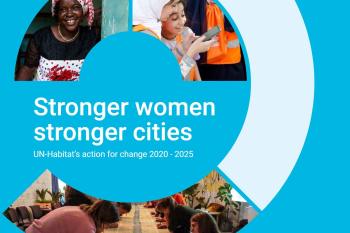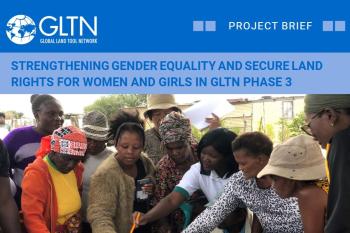
Read More
Gender Strategy for Land-at-Scale Uganda
Women’s Land Rights (WLRs) are fundamental human rights, foundational to gender equality and women’s dignity and instrumental in improving food security, effective climate action, poverty eradicati

The report investigates the nexus between land and conflict in the Jubaland State of Somalia.
From the analysis emerges that the key causes of conflict are environmental, socio-economic and governance-related. Each of these dimensions is tightly related to how land and land-related resources are accessed, managed and controlled.
The report articulates this relationship and provides a set of recommendations for addressing, mitigating and preventing violent conflicts by through improved land rights, land use and land management.
The report encourages to reconceptualize the fundamental concepts related to land rights, improve the policy and legal frameworks, strengthen land institutions, improve the management and the use of natural resources, strengthen dispute resolution mechanisms, combat land grabbing and forced evictions, provide land tenure security for displaced people and landless poor, introduce and invest on fit-for purpose land administration, plan urban growth and give priority to women and youth’s access to land and livelihood.
The findings will guide the work of the United Nations in peace building and land conflicts management and will inform land policy processes and other land governance interventions in Jubaland and Somalia as a whole.
Download Full report | Abridged report

Women’s Land Rights (WLRs) are fundamental human rights, foundational to gender equality and women’s dignity and instrumental in improving food security, effective climate action, poverty eradicati

This publication presents a summary of UN-Habitat’s gender equality impact over the past five years, in line with the Beijing reporting cycle.

GLTN’s institutional commitment to gender equality and secure land rights for women and girls has been at the core of its work since inception in 2006.